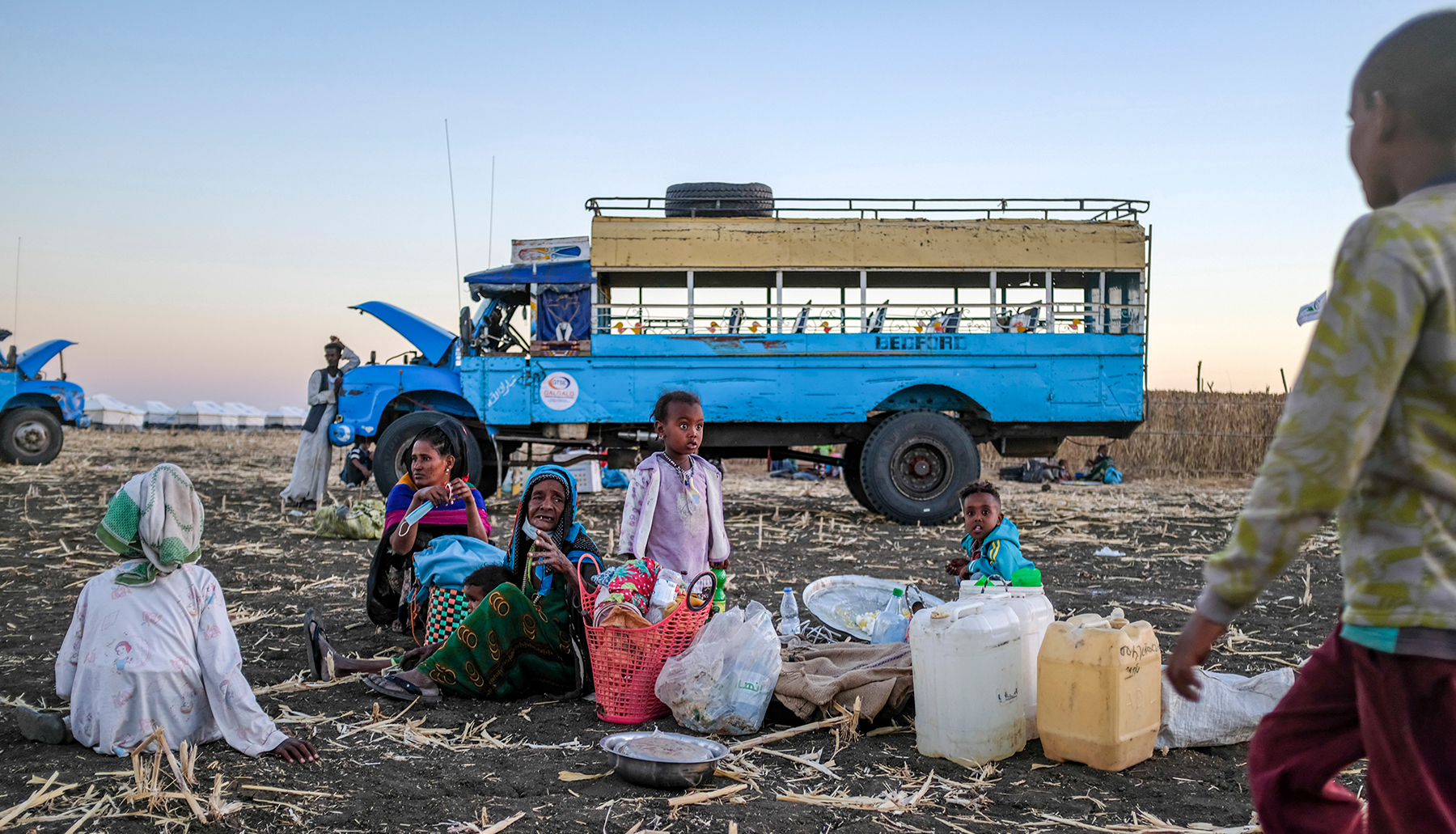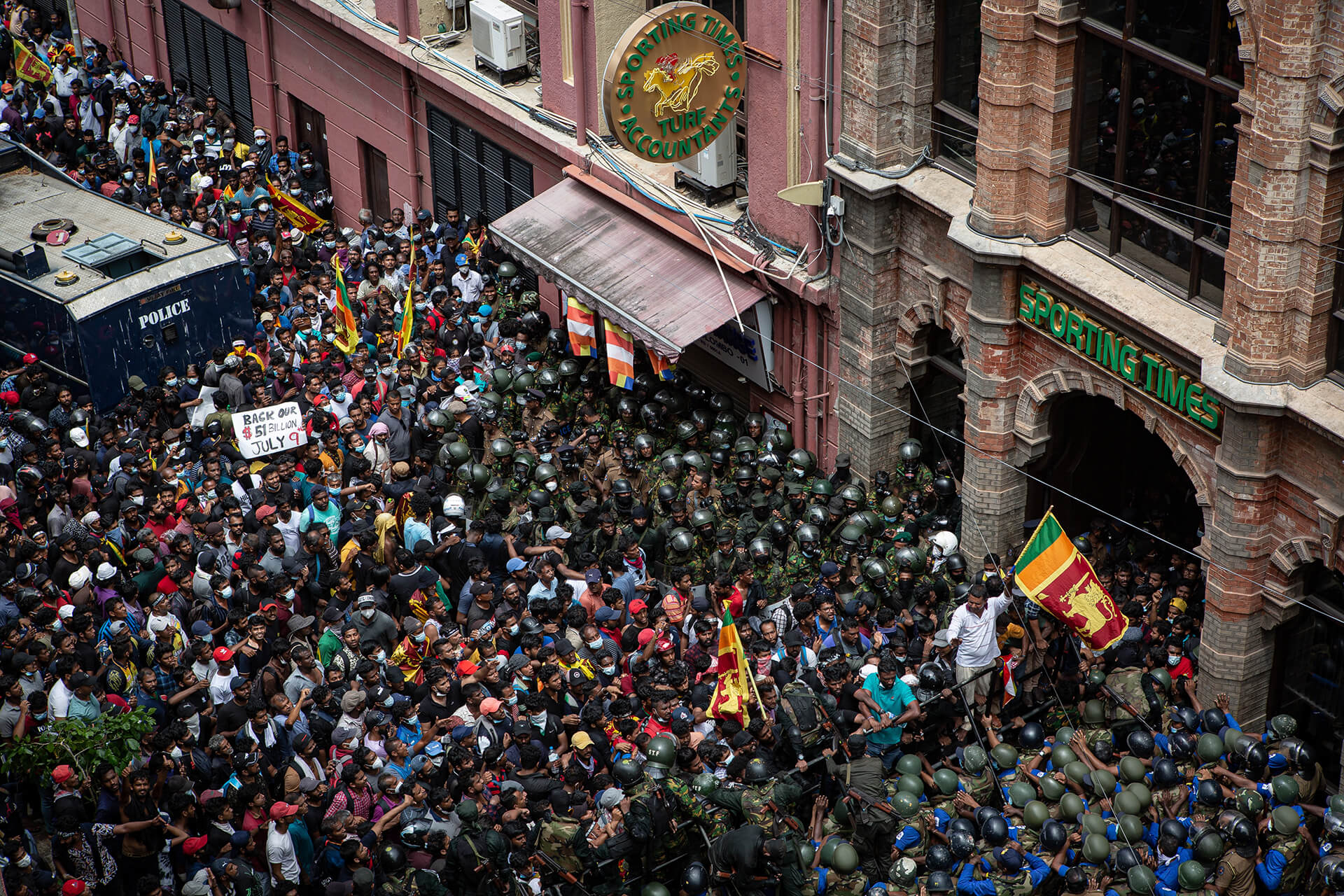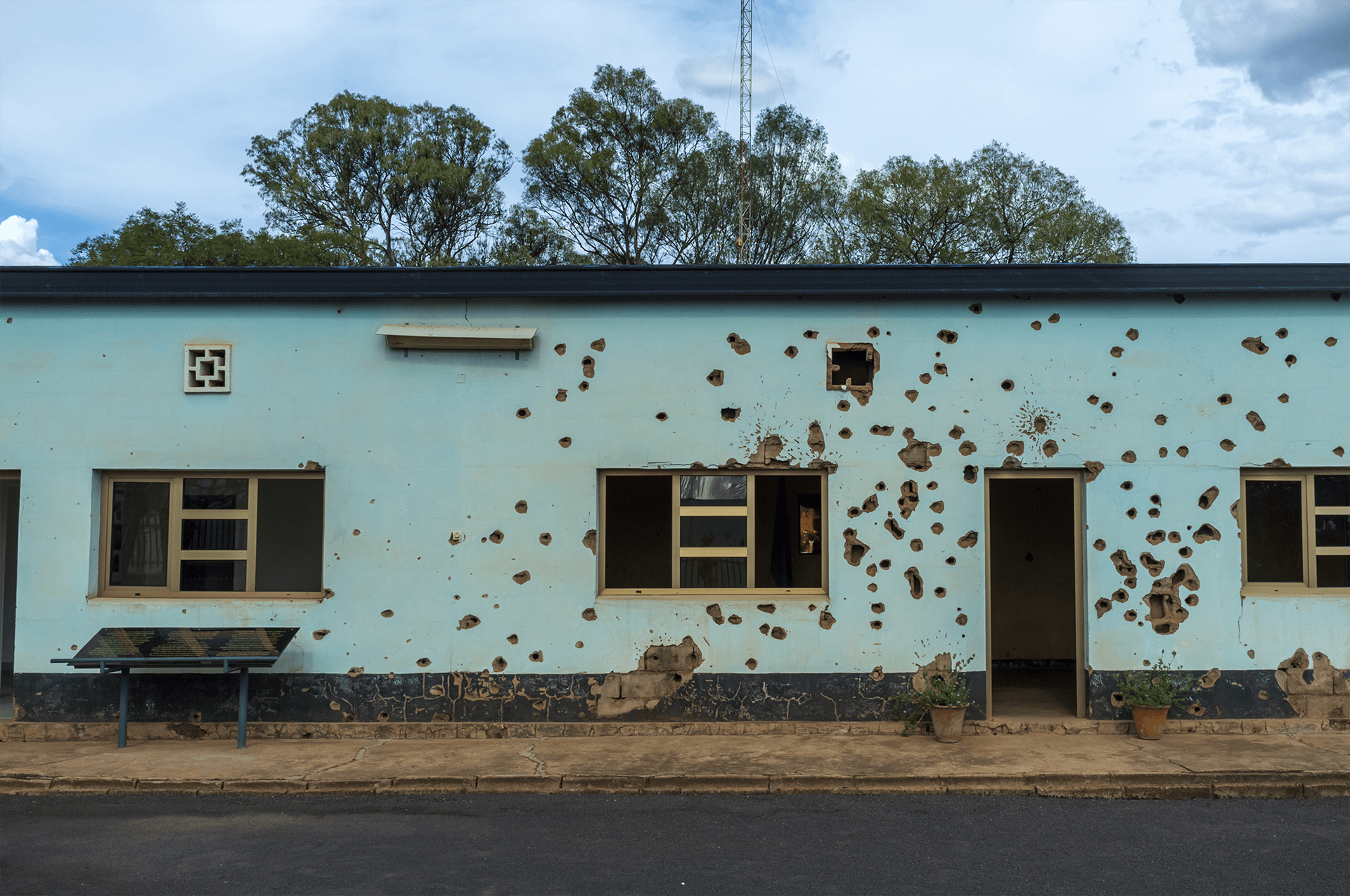FO° Insights is a new feature where our contributors make sense of issues in the news.
Even as the focus has been on Ukraine, a bloody and brutal conflict has raged in Tigray for 17 months but hardly attracted global attention. On March 25, rebel Tigrayan forces declared that they would respect a ceasefire proposed by Ethiopian Prime Minister Abiy Ahmed as long as sufficient aid was delivered to their war-scarred northern region “within reasonable time.”
Martin Plaut on the Tigray War, Ethiopia and More
In this episode, we have the former BBC World Service Africa Editor explain what is going on in the Tigray War in Ethiopia and you can read what he has to say below.
How significant is the humanitarian ceasefire in Ethiopia’s Tigray region?
This is the first real breakthrough in the negotiating process that we’ve had since the war began in November 2020. There have been terrible bitter months in which there has been a huge loss of life. As per estimates, up to 500,000 people have died either from the conflict or from starvation in Tigray. The whole of Tigray is surrounded by enemies with the Eritreans to the north and the Ethiopians to the south, the east and the west.
To avoid starvation, it is vital that supplies get through. The Tigrayans need something like a hundred (100) trucks a day. They’ve had 100 trucks in the last, I don’t know, six weeks. There’s starvation in Tigray and humanitarian assistance is desperately needed.
Why has the ceasefire taken so long?
Essentially the Ethiopians and the Eritreans who are prosecuting this war have used starvation as a weapon of war. They are trying to crush the Tigrayan population whom they loathe by any means possible. They attempted to invade the country in November 2020 but that didn’t work. The Tigrayans had to flee their capital but, after a few months, they reorganized and they pushed the Eritreans and the Ethiopians right out of most of Tigray.
There are only some areas on the west and in the far north of Tigray which are still occupied. So the Ethiopians and the Eritreans have basically used starvation as a weapon of war. They’ve cut all communications links, they’ve prevented medical supplies from coming in and they prevented the trucks from rolling in either through the east or through the south. The people are starving.
How serious is the humanitarian situation?
The situation is terrible. As always, it is always the very young and the very old who die first. The problem is that we have no absolute certainty about what is going on because the government of Ethiopia and of Eritrea have refused to allow any journalists to the frontlines even on the Ethiopian and Eritrean sides, let alone into Tigray itself. All communications are cut to Tigray, banking services are cut, there’s no way of paying for anything, all fuel supplies going in have been prevented. So Tigray is almost like a sealed-off area and nobody knows really what is going on but we do get to know some things from whispers, and the whispers are terrible.
Why has this war attracted less attention than Russia’s invasion of Ukraine?
If you prevent all international journalists from going in, there’s a news vacuum. How do you cover a story when nobody is allowed to be on the ground? Then, you can’t actually get the shots, film the mother with the dying baby or the grandparents unable to feed themselves or look after themselves. You do not get this information we’re getting now, day in, day out, from Ukraine.
You’re getting nothing from Mekelle, the capital of Tigray, let alone the rest of the area, some of which is very remote. Most monasteries have been looted, women have been routinely raped, I mean literally routinely raped. Some of the testimony was so brutal it is truly some of the worst I have ever seen in my life.
What is at the stake for Ethiopia and the Horn of Africa?
Essentially, there are two views of Ethiopia. As per one view, Ethiopia is an imperial country, a single unitary country that was developed in the 19th century and should really essentially return to that. The Tigrayan have another view. They say that we are all ethnic groups, we must all have a federated system in which real power reverts to all of the ethnic areas. That is what the Tigrayans tried to do until 2018 when they lost power. They tried to create this federation sometimes successfully, sometimes unsuccessfully.
Essentially, those are the two views of how Ethiopia should be run and it’s equally the way in which the whole Horn of Africa should be governed.
How can Ethiopian Prime Minister Abiy Ahmed resolve this war?
My view is if he doesn’t really allow an alternative view of the way Ethiopia is run then it is unlikely that we will have a resolution of this conflict. That will mean that we’ll go back to war. We’ve already seen somewhere between 200,000 and 500,000 people killed and that’s before you take in the deaths of the Somalis who fought in this war, of the Eritreans, tens of thousands of whom have been thrown into the frontline, so I mean the death toll could be immense.
And we don’t want to see any more of this suffering so we really do need some kind of resolution that addresses the political as well as the humanitarian issues.
This transcript has been lightly edited for clarity.
The views expressed in this article are the author’s own and do not necessarily reflect Fair Observer’s editorial policy.
For more than 10 years, Fair Observer has been free, fair and independent. No billionaire owns us, no advertisers control us. We are a reader-supported nonprofit. Unlike many other publications, we keep our content free for readers regardless of where they live or whether they can afford to pay. We have no paywalls and no ads.
In the post-truth era of fake news, echo chambers and filter bubbles, we publish a plurality of perspectives from around the world. Anyone can publish with us, but everyone goes through a rigorous editorial process. So, you get fact-checked, well-reasoned content instead of noise.
We publish 2,500+ voices from 90+ countries. We also conduct education and training programs
on subjects ranging from digital media and journalism to writing and critical thinking. This
doesn’t come cheap. Servers, editors, trainers and web developers cost
money.
Please consider supporting us on a regular basis as a recurring donor or a
sustaining member.
Support Fair Observer
We rely on your support for our independence, diversity and quality.
Will you support FO’s journalism?
We rely on your support for our independence, diversity and quality.







